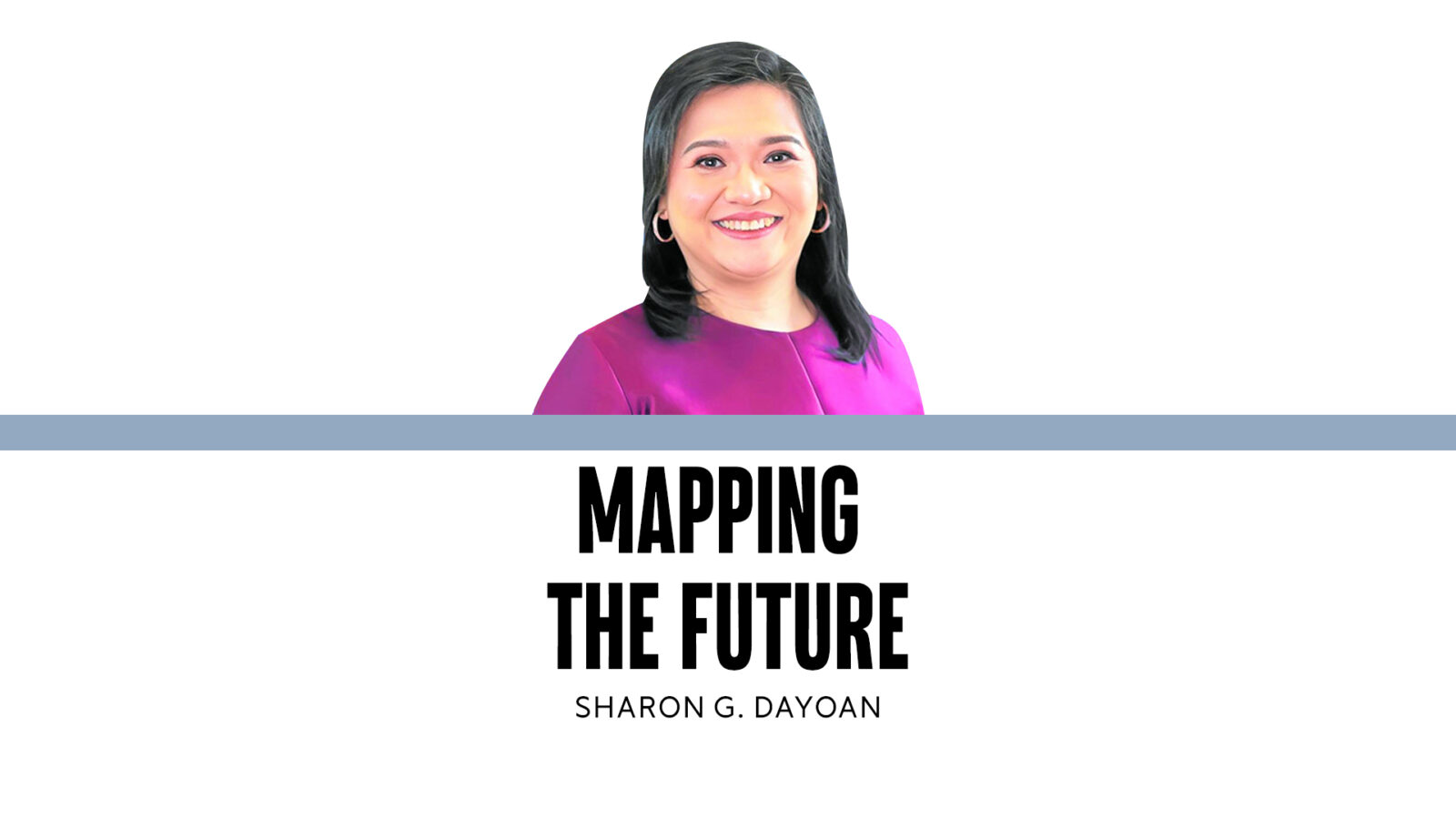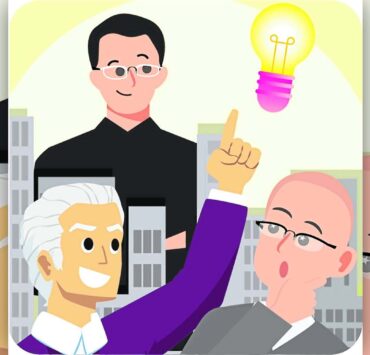Empowering future innovators

(Last of two parts)
The teams that won the Academic Innovation Challenge (AIC) in 2024 stood out for their innovative use of data, problem-solving approach and communication skills.
The winning entry (from the University of the Philippines – Diliman) was particularly notable for how it visualized disparities in sectoral performance across regions and clearly linked these to poverty indices—offering insights that could help inform more targeted and inclusive development policies.
The success of these teams highlights the potential of young minds to contribute to meaningful change when given the right tools and opportunities.
2025 edition
Building on that success, this year’s AIC invites students to explore how generative AI and low-code platforms can drive business transformation.
With the theme “Build Faster, Transform Smarter with Microsoft Copilot,” participants are challenged to propose solutions that not only show technical innovation, but also consider broader business applications and impact.
Using Microsoft Copilot, they are encouraged to demonstrate how AI can simplify tasks, support better decisions and create value for organizations.
The experience also aims to develop both practical skills and a mindset geared toward responsible and forward-thinking innovation. Participants are expected to think critically about the ethical implications of AI and how it can be used to create positive social impact.
The AIC is part of a broader effort to help students become future-ready. It also reflects the value of collaboration between business and education in nurturing the next generation of digital talent. These efforts are further strengthened through partnerships with organizations, like the Management Association of the Philippines (MAP).
Tech summit
On 17 June 2025, we will be recognizing the winners of the 2025 AIC during the MAP x KPMG Technology Summit, which will bring together professionals and thought leaders to discuss emerging technology trends and their impact on business and society. This summit provides a platform for sharing knowledge and best practices, fostering a community of innovators who are committed to driving progress in the digital age.
As the Philippines continues to pursue inclusive and sustainable growth, programs like the AIC offer a way for the private sector to invest in long-term capacity building. By sharing what we learn from these initiatives and supporting the development of young innovators, we can help shape a workforce prepared to lead in a tech-enabled future.
The AIC not only equips students with the technical skills needed for the digital economy but also instills a sense of responsibility and ethical awareness. By encouraging students to think about the broader implications of their work, the AIC helps to cultivate leaders who are not only technically proficient but also socially conscious and committed to making a positive impact on society.
In conclusion, the Academic Innovation Challenge represents a significant step towards bridging the gap between education and industry. By providing students with the tools, knowledge and opportunities to innovate, the AIC helps to prepare the next generation of leaders for the challenges and opportunities of the digital economy.
Through continued collaboration and investment in programs like the AIC, we can ensure that our workforce is equipped to thrive in an increasingly digital world.
The author is a member of the MAP Diversity, Equity and Inclusion Committee. She is the chair and CEO of KPMG R. G. Manabat & Co. Feedback at map@map.org.ph and sdayoan@kpmg.com.



















The US credit ratings downgrade–should I worry?